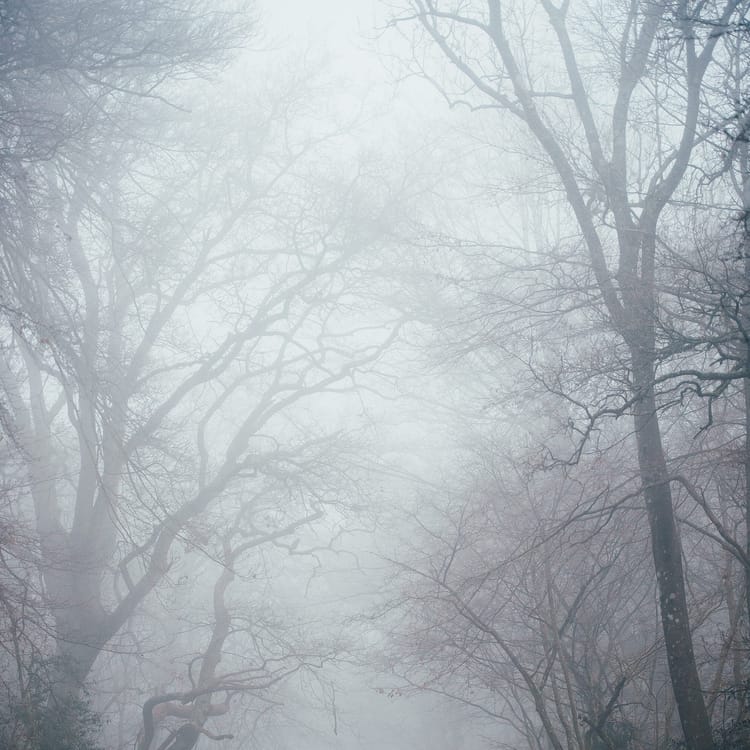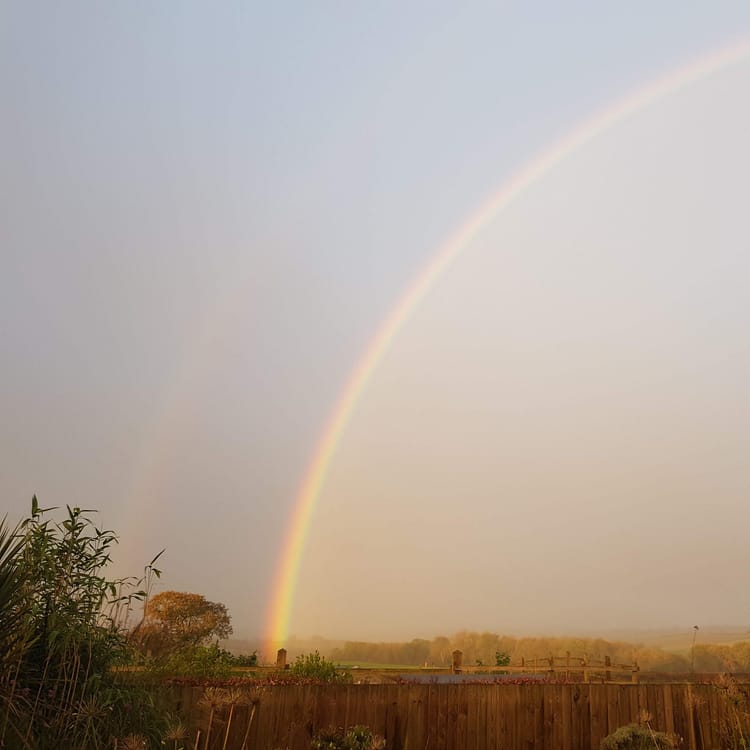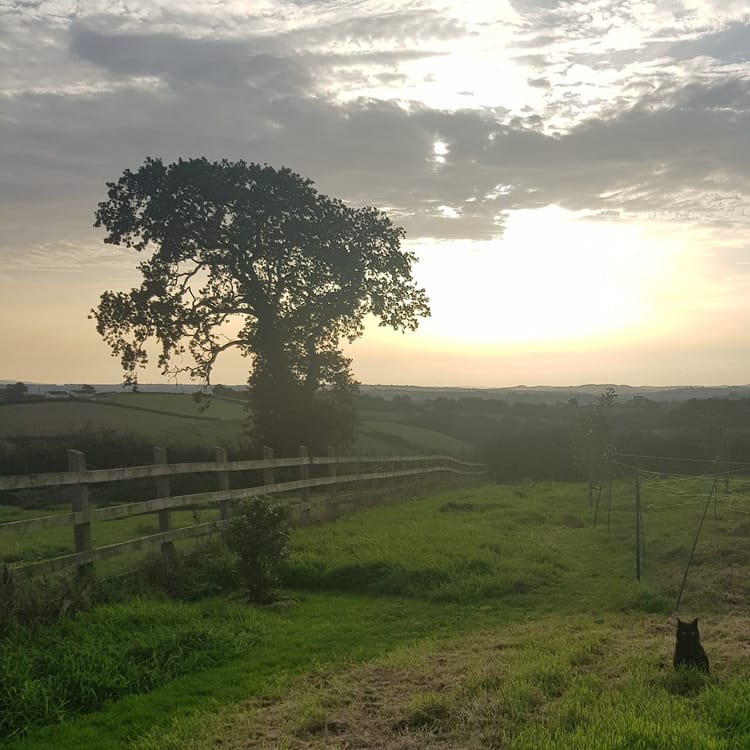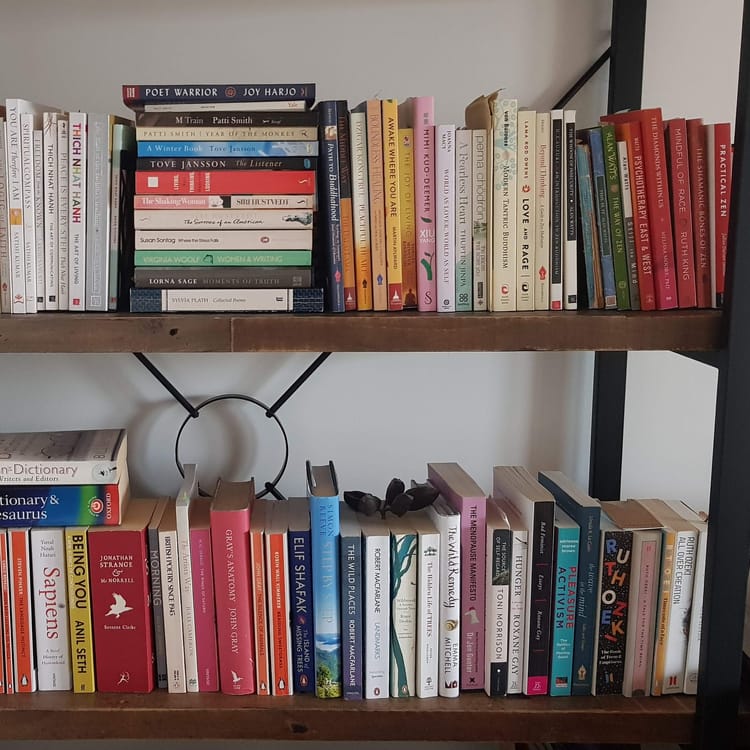Fight or fawn: What it means to smile in the face of hostility

What do you do when antagonised by a confrontational force that is more aggressive than it is passive? How do you respond when faced with a verbal threat that thinly conceals a desire to inflict violence? What are your choices when the threat, the force, the violence is in a form that on appearance, and with your existence in bodily form relative to that of the domineering other (which is somewhat deliberate and exploited owing to power imbalances), you are “too small” to ward off?
‘Smile. Disarm them with a smile. Kill them with kindness. Don’t retaliate with fire, but extinguish with warmth. Only love can conquer hate.’ So they say. And I say (so often, because it’s true): these ways of being are easier said than done.
But that doesn’t mean don’t do it. It means that it takes time, experience and practice (in my case, through many years and occasions of gritted teeth and an unsmiling face) to realise that it is indeed better to disarm than be destroyed by a blowback of the aggression that is less about you and which you therefore don’t need to let destroy you. Equally, it takes time for the smile of unstained happiness to return, and for us to reclaim fundamental joy, after the inevitable (though not permanent) diminishing experiences of life.
Readers old & new, it's good to have you here!
I hope you like what you find. The Most Important Thing is a reader-supported publication. If you want to be part of a growing, mutually supportive space - which gives you access to the full archive, plus bonus content including monthly reflections, prompts and practice ideas for your own writing/contemplation, and an inspirational digest of readings and teachings - please consider a paid subscription.
SubscribeThe wisdom of adulthood versus the rage of youth
I’ve been thinking about the qualities of humility, of softness, of compassion and kindness. Especially in the face of hostility, hard-heartedness, cruelty and violence. About how we interrelate and act. How we are taught to coexist. How we role model how we wish to live, how we wish to be treated, the kind of world we wish to occupy.
‘Wishing’ is an apt verb, given that so much of this is aspirational in the face of realities that bring us up close with traits, habits and intolerance (and these can be as much our own as those of others) that are less than kind or courteous.
My Mum has always, unfailingly, demonstrated and offered generosity of spirit and kindness. And she’s faced degrees of cruelty and harm that still make me mad and sad, even though she’s processed it all and it isn’t technically mine to keep carrying.
Over the years she has taught me and I have learned how it is better to understand rather than judge, to forgive even if you can’t forget, and to focus on the love rather than be poisoned by hate. I want to be clear; she is one of the most courageous, confident, strong, bold and assertive people I know. She will ask for what she is owed, what she has a right to, and what she deservedly wants and needs.
And at the same time, she will do that with a genuine smile on her face, and with an expression of understanding and belief in the good of beings, despite any obvious manifestation of such in some people’s behaviour. And she is, as a result, the most peaceable and loved person I know for this.
And yet even when she was teaching and demonstrating this to me in my youth, I was the angriest person, full of desire for justice and accountability. I assumed the worst when people looked too long at me, thought they were itching for a fight, about to say something racist or mean, imagined they thought they could push me around (and this was, on occasion, their motivate and the case). The last thing I wanted to do was disarm, to bow down, to acquiesce, to let them win, as I felt the alternative to my steely demeanour was. Sometimes that instinct still bubbles up in me, and I don’t dismiss it, I assert my right to the road, my space on the pavement, which is just as valid and anyone else’s. This my Mum also taught me.
It's only in recent years that I can call up a sincere smile in the process rather than a frown or an expression that is rooted in suspicion. I can smile these days in the face of whatever arises, or whoever I’m confronted by, because of a firmer belief and a reclamation of who and what I am, and my place in the world – which, back to my original point, takes practice, experience and time to remember.
The wisdom of Reservation Dogs
I was reminded of all this when watching the final season of Reservation Dogs, a series which might be one the best shows to come out of recent times, for so many reasons – most of all, for the way that it reclaims and reasserts the experiences of Native American culture and wisdom. Not only in the face of colonialism’s horrific and violent attempts at forced assimilation and erasure, but more potently, for beautifully articulating in sound and script, the depth and vitality of Indigenous wisdom in its own unstained right.
There’s one scene from the Deer Lady episode that really got me. Deer Lady is sat in a diner with Bear, one of the main characters who is trying to find his way home. There are a series of flashbacks where we learn about Deer Lady’s origin story and why, understandably, she is on a quest to avenge the cruelty inflicted upon her and other children by the government in the 19th and 20th centuries in the “Indian boarding schools”.
We see a moment in that time, when she has just been taken and effectively imprisoned, and another child in the boarding school gestures her to keep smiling, telling her to remember her smile is her own, as they quietly speak in their mother tongue in the dark while the vicious school guards endeavour to break them.
Back to the present moment in the diner, Deer Lady turns to Bear and tells him, “They cannot take your smile.”
What I found so deeply resonant at a universal level is this idea that oppressive forces may well use inhumane aggression to destroy a people, and in many sickening and infuriating ways, they partially succeed. But ultimately, there is a kinship, a sense of self, and a dignity they cannot destroy.
Idiocy and ignorance
Back to where this episode took me in my own ruminations (such is the mark of good storytelling – it pricks the mind and the heart, and deepens our understanding):
On recent visit to the village where I grew up in the UK’s East Midlands, me and my Mum were driving home and went through a part of the village that I have always associated with a particular memory of being bullied. I must have been about 10. I’d gone with some so-called friends to the local park where a group of notorious racist bullies, a few years older than me, were, true to their dumb-assery, playing on the swings.
I remember my two useless companions hanging back as this crew began hurling insults at me, and as I, taught by my parents to use words before violence (and the latter only ever in last resort of defence), tried to bat off their idiotic remarks about my colour and ethnicity with logic. Obviously, that didn’t land with them, given their idiocy and ignorance.
Needless to say, a chase ensued. My “friends” disappeared, and I found myself running through the streets as these bullies pursued me in a pretty terrifying run through the part of the village that, fast forward to the present, me and Mum were driving around.
When I finally made it home, breathless, fearful, angry and upset, at the incident and at the friends who I didn’t bother with again after that time, my sister and parents got in the car with me and drove back to that part of the village to see if we could find the pathetic crew. We didn’t.
Back to my Mum. On this drive, she told me how when her and my Dad were moving to that village in the 1970s, she had thought this area to be quite lovely – with its spacious front lawns, semi-detached houses, wide driveways and seemingly friendly estates. Until on her walk through the area where she had hoped to find a home, some guy started shouting “the worst kind of obscenities in the most horrible language” at her. Racist language, racist obscenities, in case it needs spelling out.
What had appeared to be a pleasant area turned out to be riddled with ugliness.
They ended up moving to another part of the village, where I grew up and where they still live. Me and my sister continued to encounter the more debase elements of 1980s and 1990s England. And my parents continued to coach us to stand up to anyone who attempted to belittle us or block our path, to not bow down, to not be defeated, to rise above it – to not forget our sense of inherent worth, to pursue our ambitions and our right to our place with determination and enthusiasm.
My Mum would walk us to school, go to work, go shopping in the town, and every time I accompanied her, I’d pre-empt and project, anticipate and imagine, all the unspoken words behind people’s glances in a predominantly White town. I was always on the anticipatory defence. My mother of course didn’t need me to be her wing-woman. She was more than capable of standing up for herself, as I said before. She would walk confidently, engage with people in a friendly manner, and everything was largely fine. She didn’t weigh herself down with the anticipation of a confrontation. She had, and has, the wisdom to know better.
I’ve come to know this too in my adult years, that being on the defence and holding on to rage is not a good response. Coming from a place of inherent value, of knowing who we are and what we’re worth, is what lies behind a sincere smile, and a positionality of confidence that isn’t shaken by imagined, perceived or real threat.
“Anger is like a poison in the heart,” my Mum often says. “You cannot stay angry, it is bad for your health.”
Such is the wisdom of experience, of our ancestors, from which we grow and continue, and to them and ourselves we owe it to preserve and sustain our individual and collective health. Which is one of the most immense, profound and beautiful messages relayed by Reservation Dogs - humanity runs deeper and will always prevail, even, especially in the face of inhumanity.





Member discussion